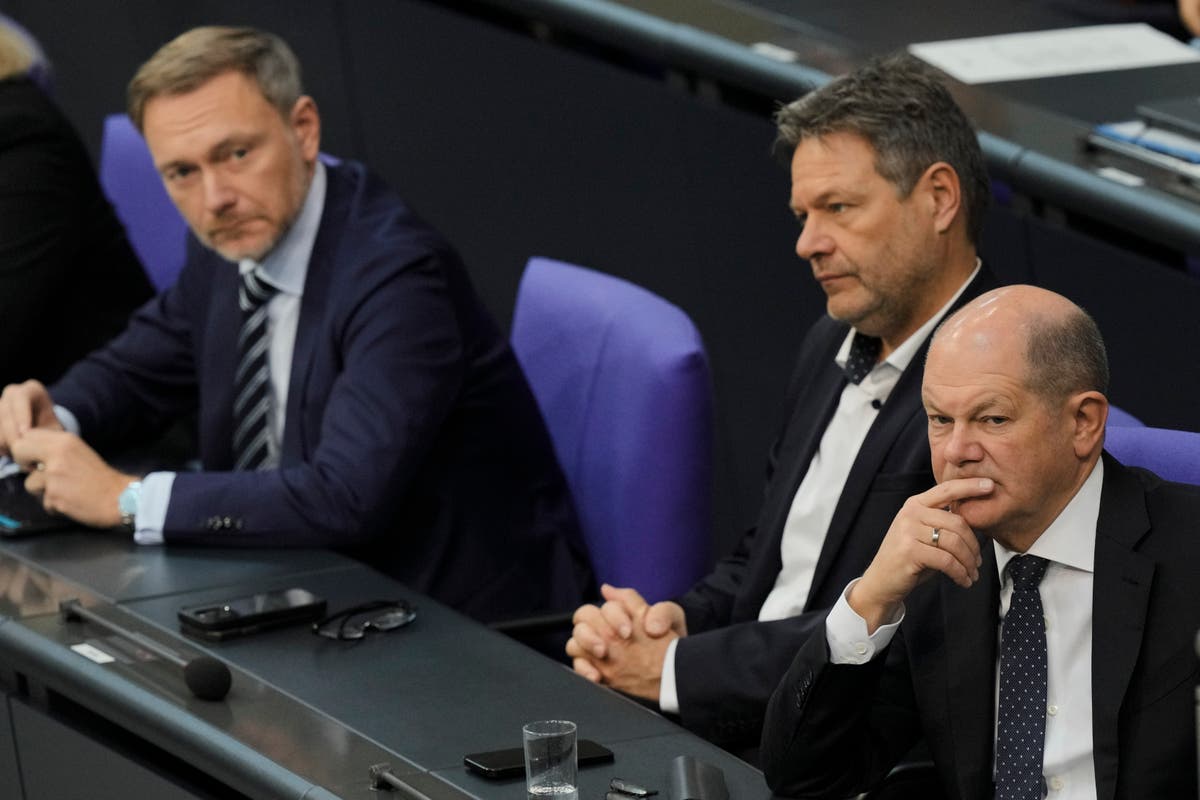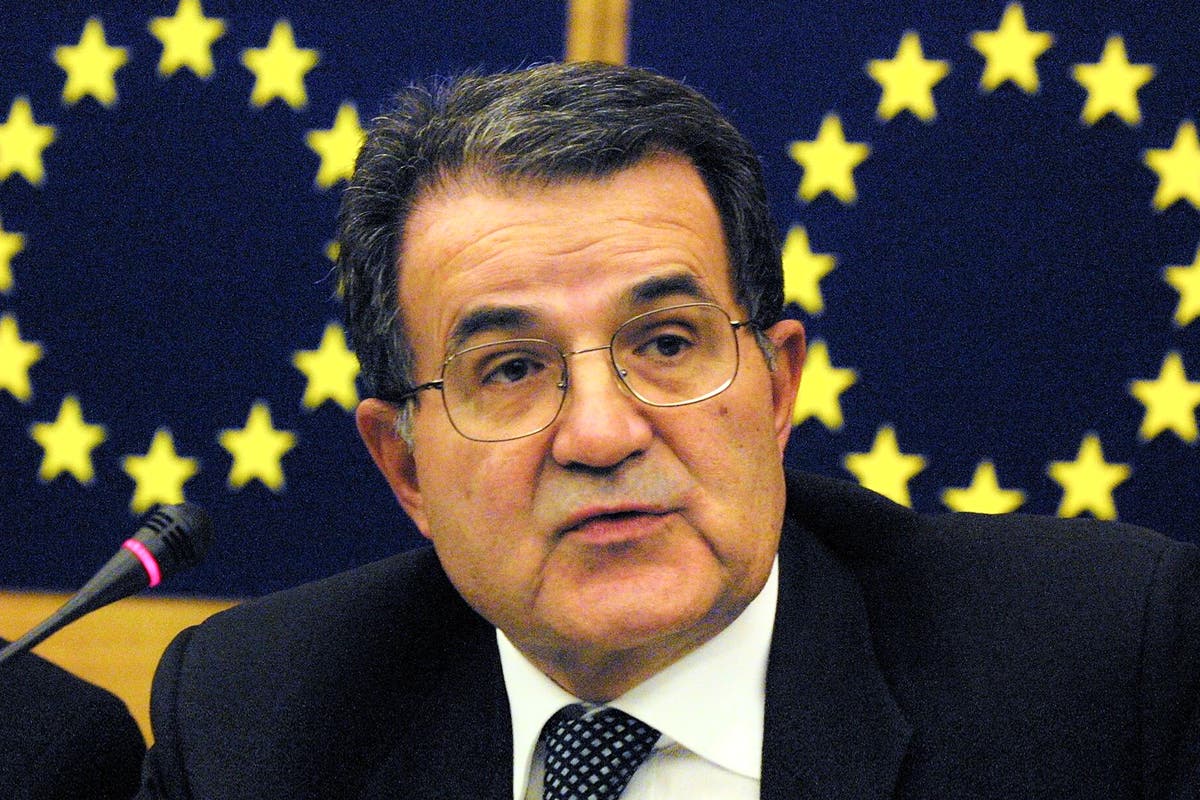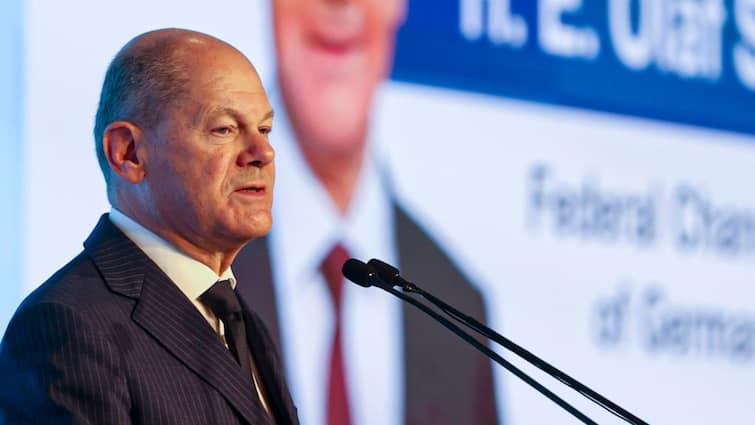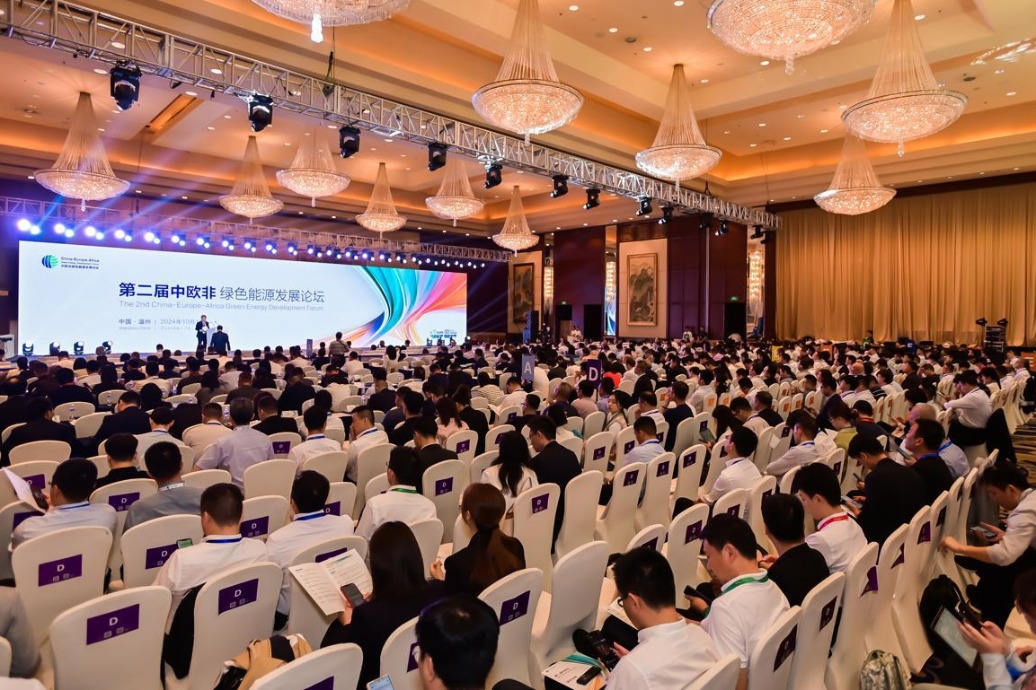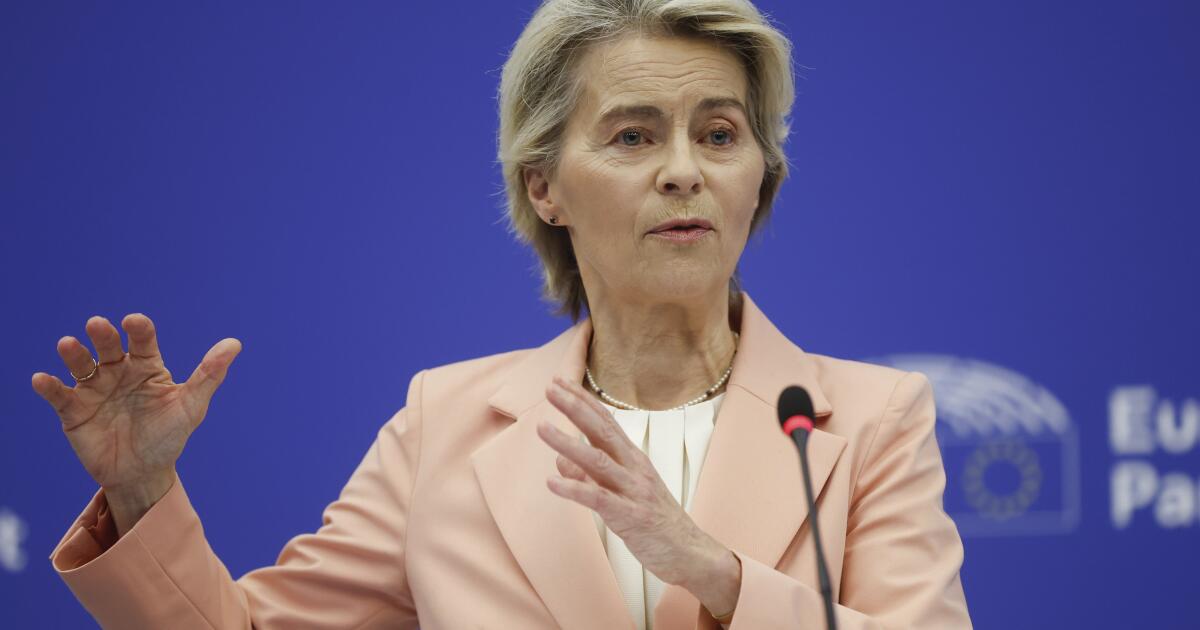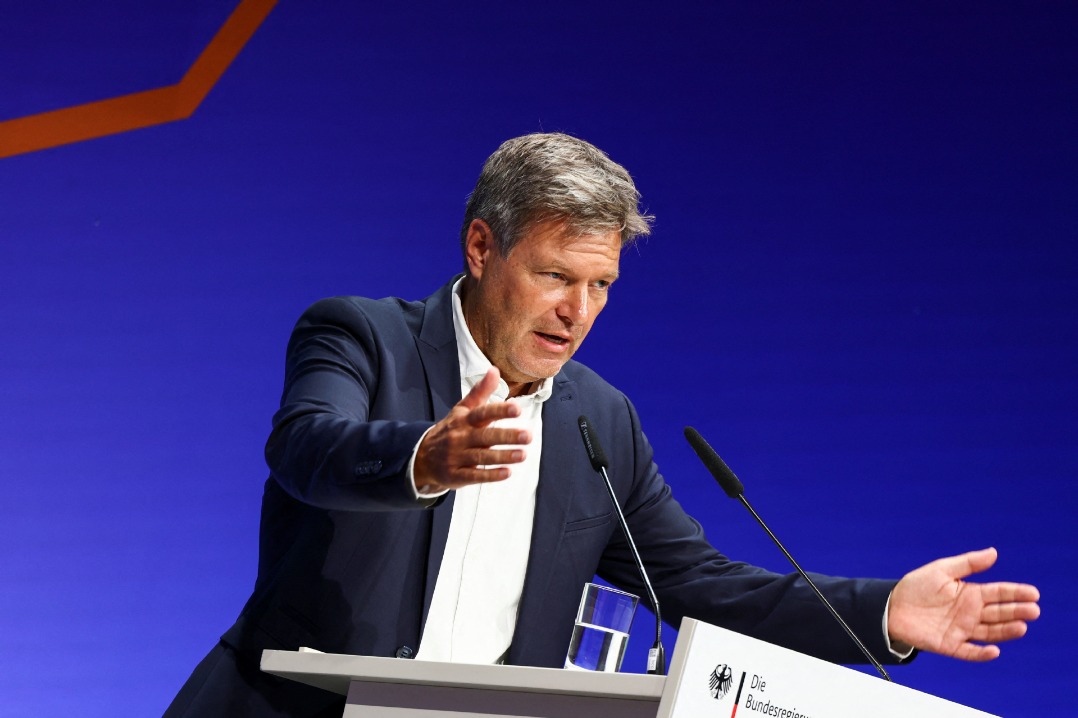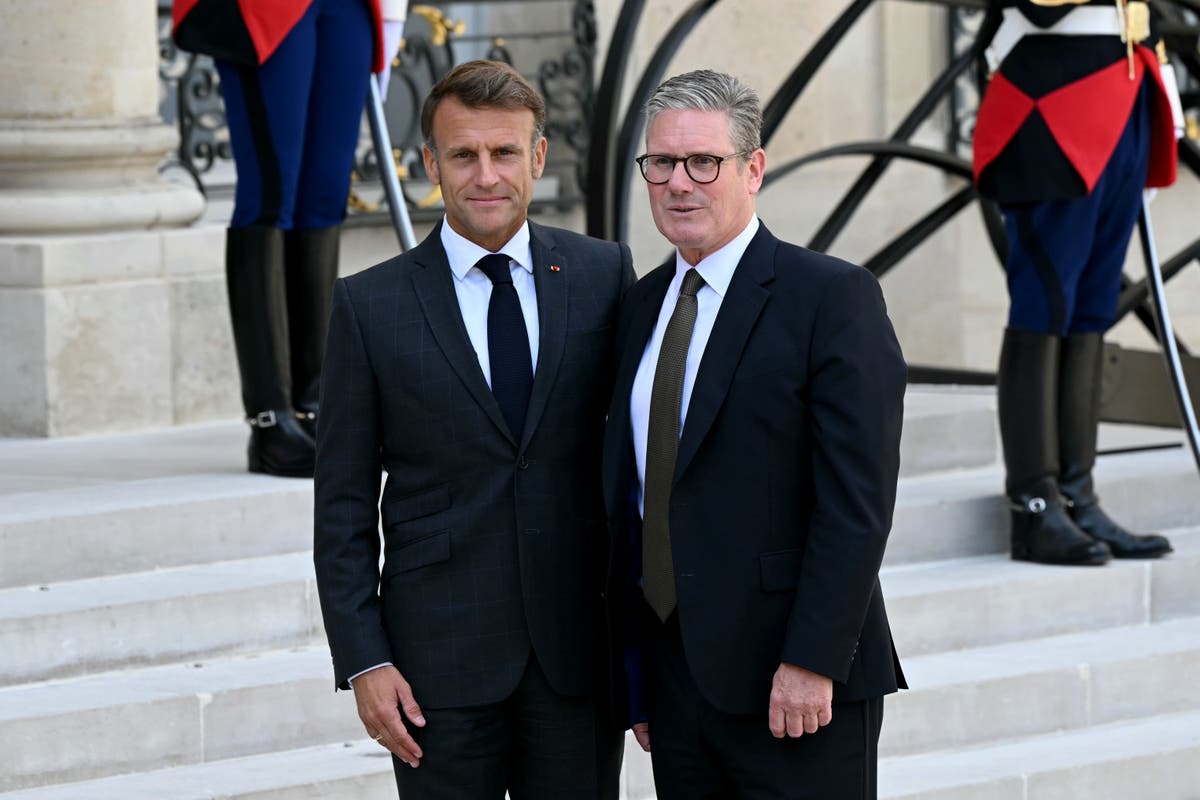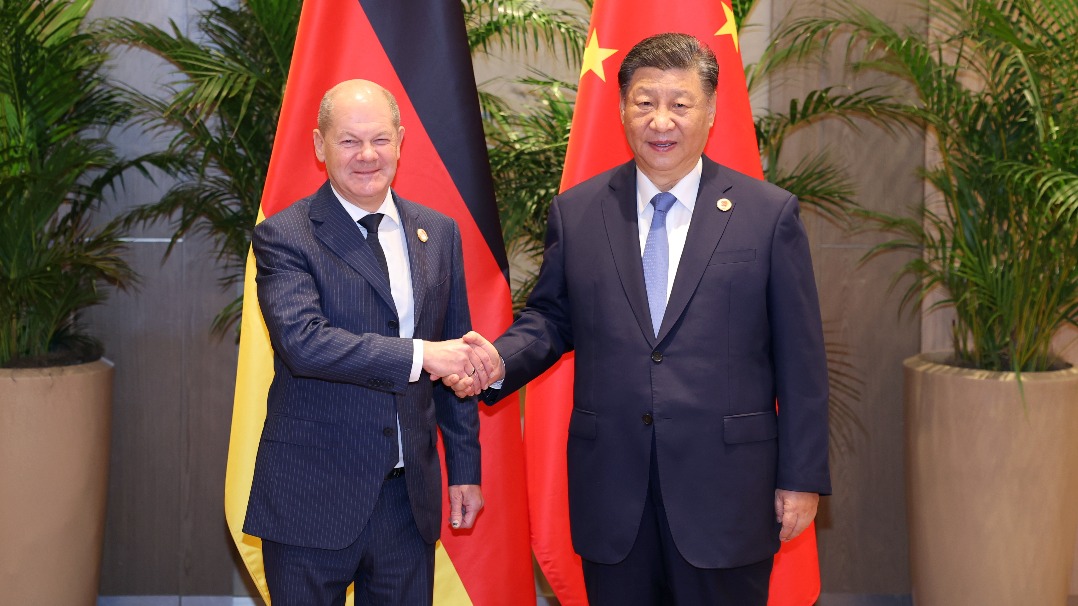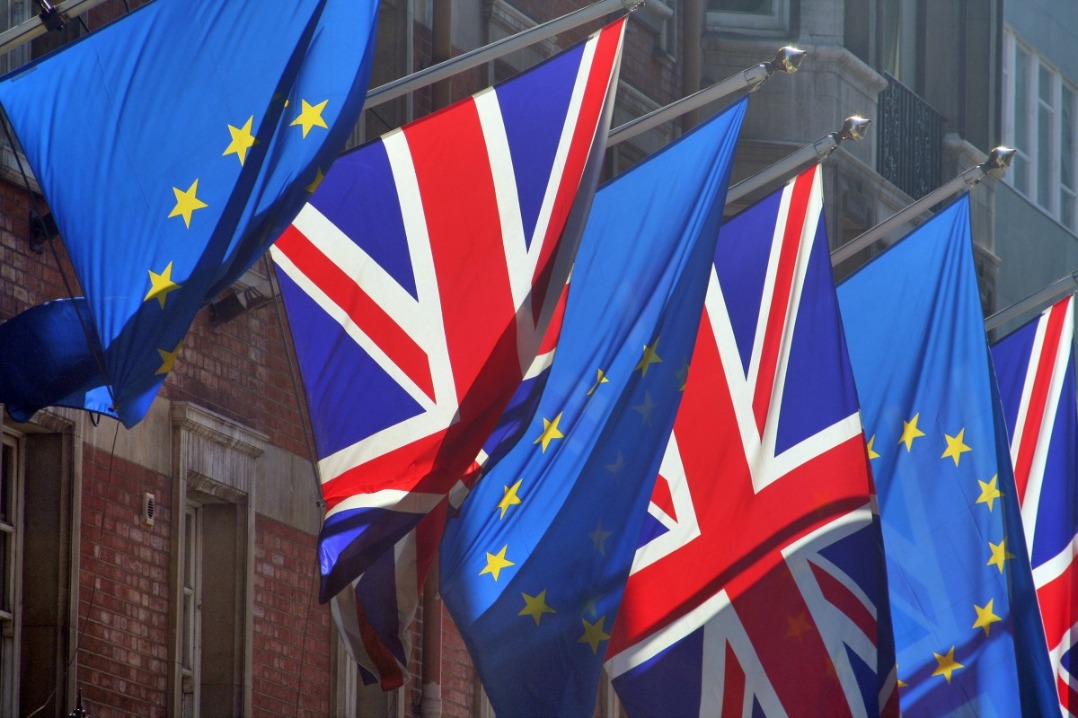
Germany can and should lead the way on EU energy solidarity
Al JazeeraA common intervention to offset the cost of high energy prices is the only way to tackle the crisis and stay out of Putin’s trap. The fallout of the energy package announcement reflected not only the tension between Germany’s internal political dynamics and the responsibility it carries as the “de facto” EU leader, but also an ideological North-South divide on how to tackle economic crises. In an op-ed criticising the German energy package, EU Economy Commissioner Paolo Gentiloni and Competition Commissioner Thierry Breton stressed the importance of creating a European plan to tackle the energy crisis and avoid a race for state subsidies, which would fragment and compromise the single market. In their view, to help member states cope with rising energy prices, the EU should adopt a new SURE Plan, a financial instrument applied during the pandemic to support national interventions against unemployment. Meanwhile, Elisa Ferreira, the EU commissioner for cohesion and reforms has also announced plans to allow member states to redirect up to 40 billion euros under the 2014-20 Cohesion Policy to help households, small and medium companies and even larger industries that struggle with high energy prices.
History of this topic
EU lawmakers approve a deal to raise renewable energy target to 42.5% of total consumption by 2030
Associated PressGermany hails EU deal on renewable energy raising target for 2030 to 45%
Associated Press
Germany urges western Balkan leaders to resolve conflicts
Associated Press
Spain, Germany discuss energy crisis before EU summit
Associated Press
EU nations struggle to find joint approach on energy prices
Associated PressEuropean Union Energy Ministers plan for 'difficult winter'
The Hindu
EU leaders seek ways to give support amid high energy prices
Associated Press
EU wants to allow natural gas, nuclear in green investment
Associated Press
How might Merkel’s successor manage Germany’s role in the EU?
Al JazeeraDiscover Related

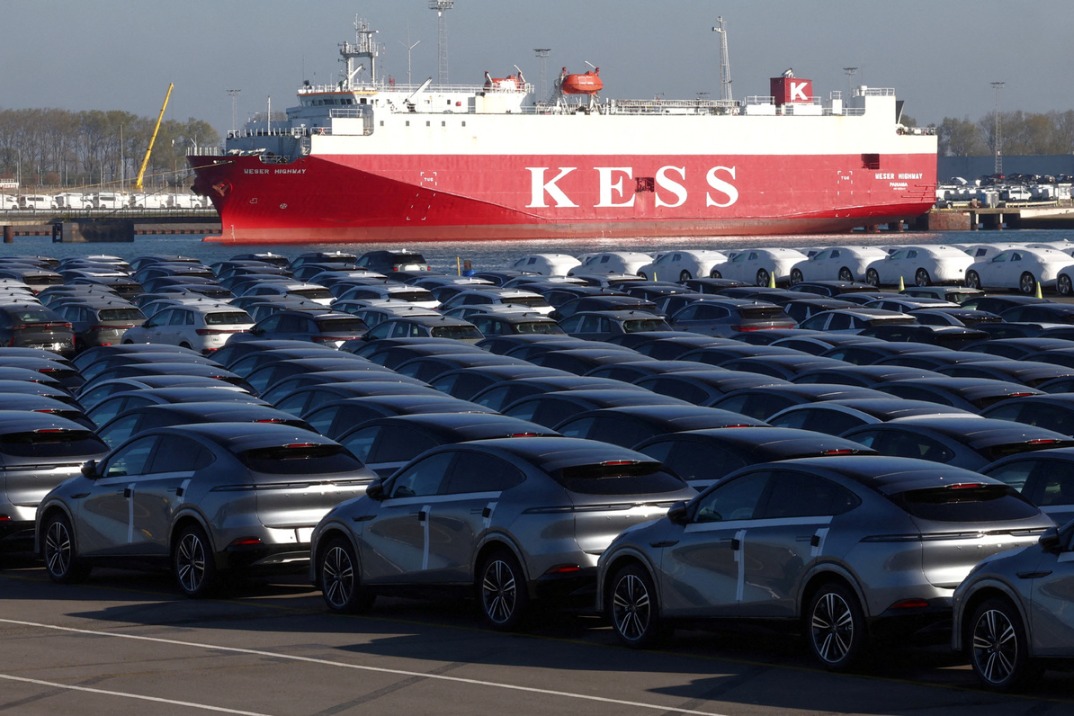
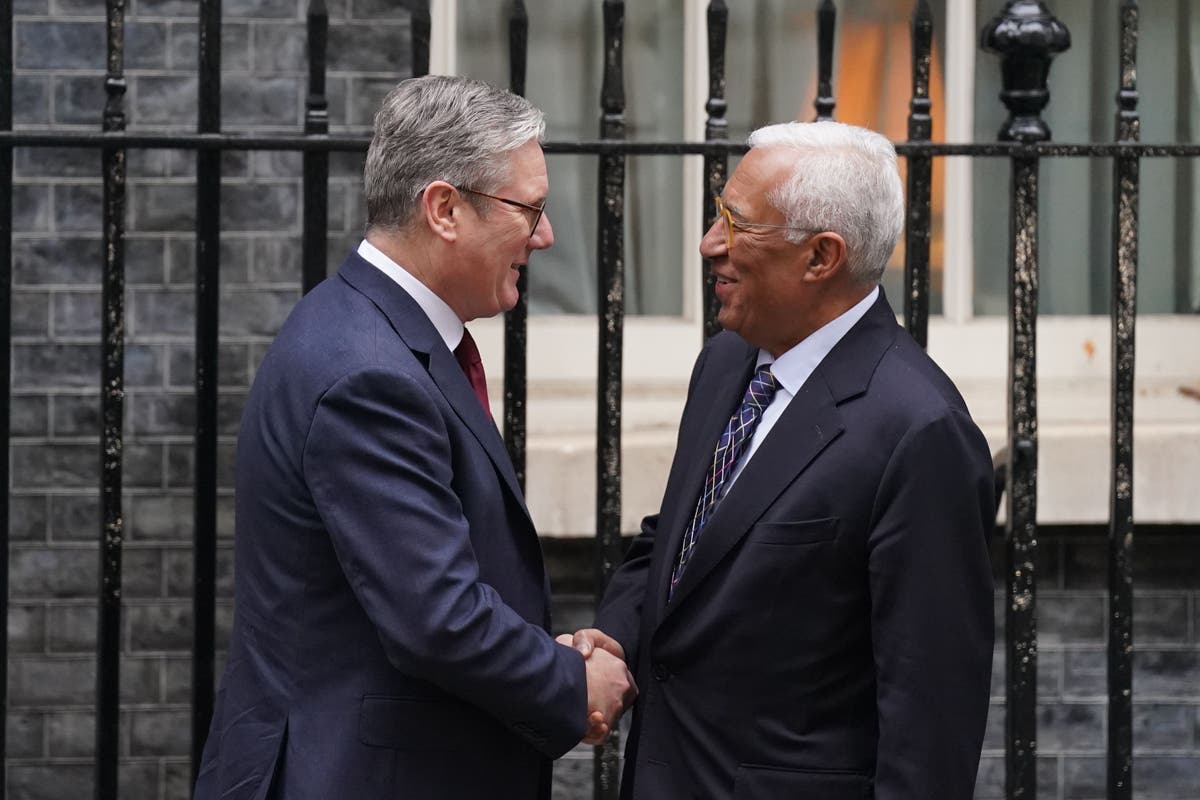
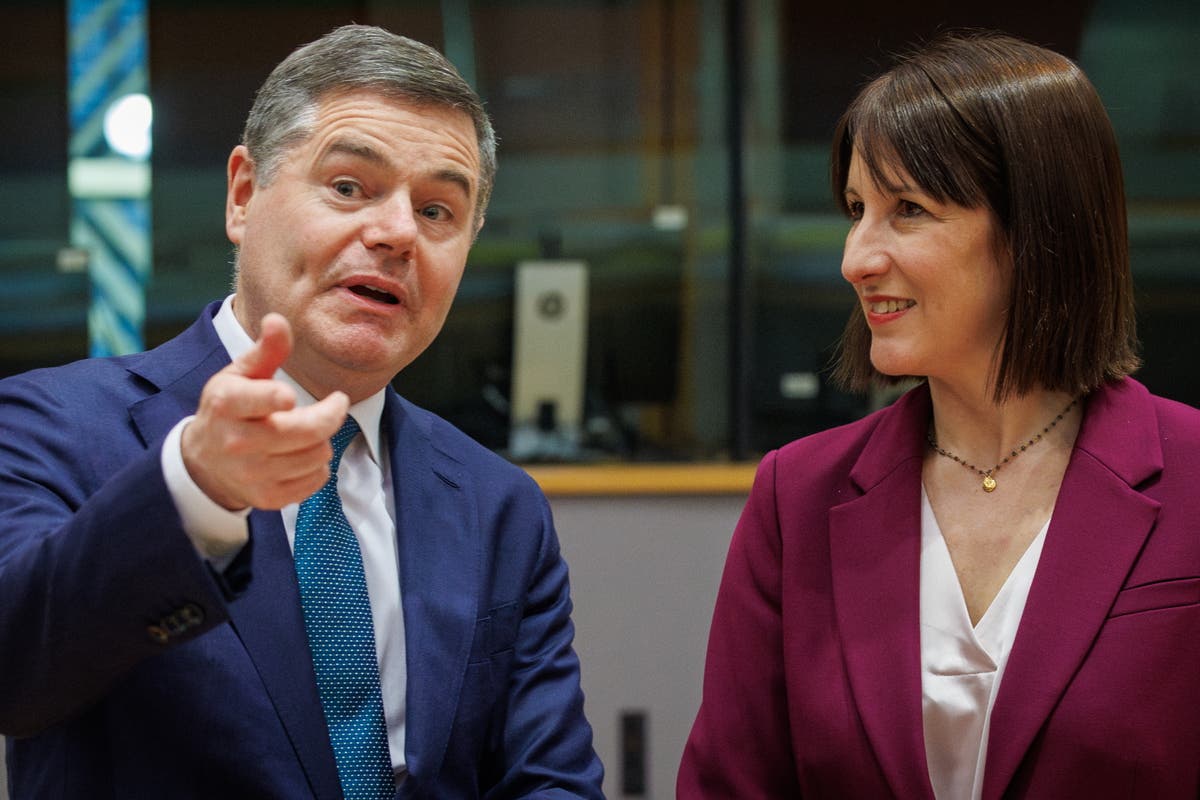
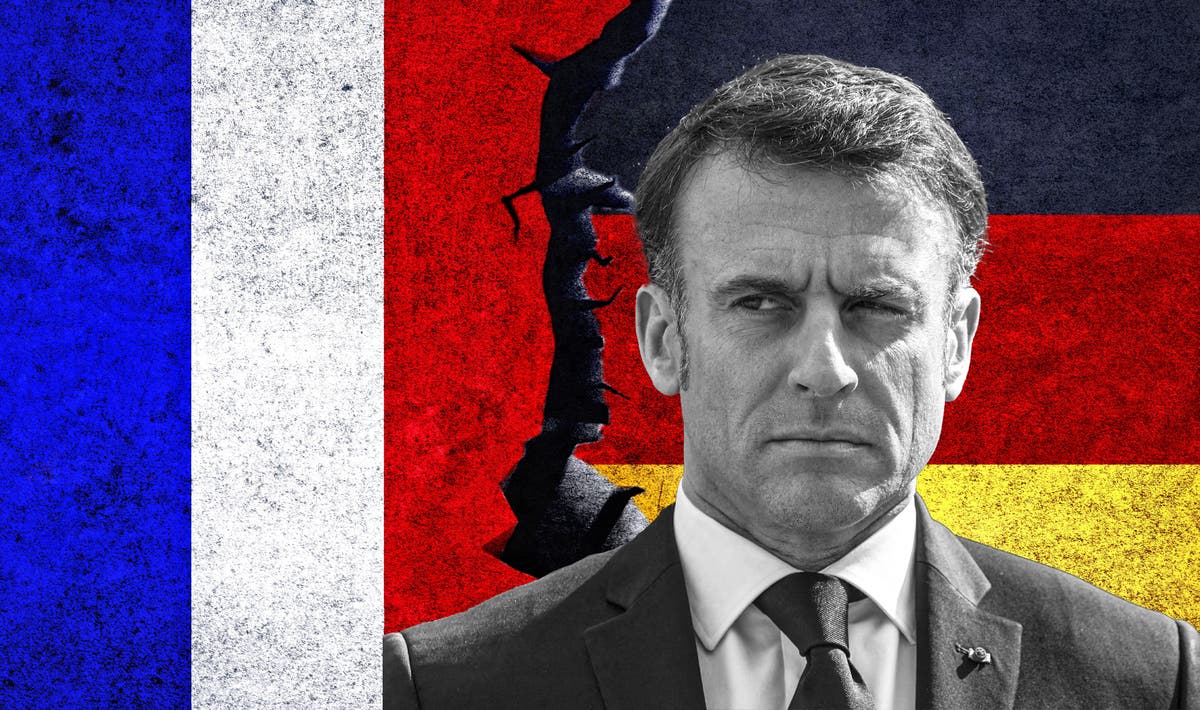
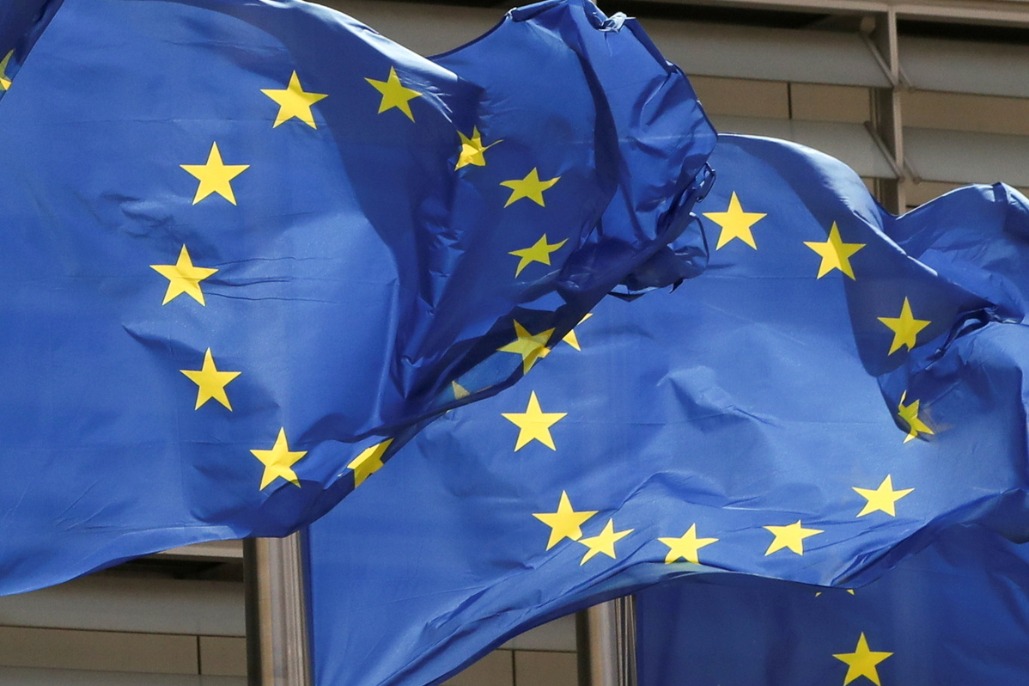




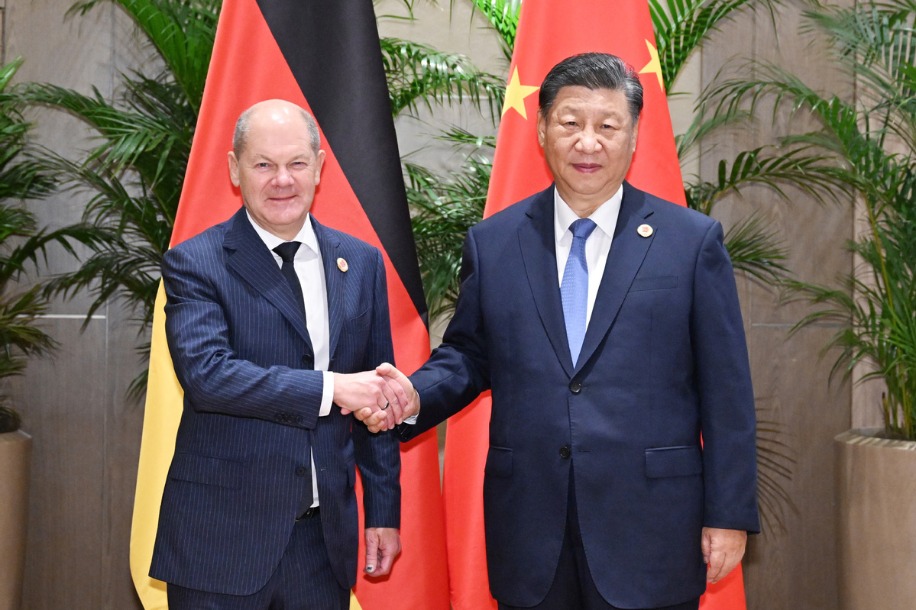
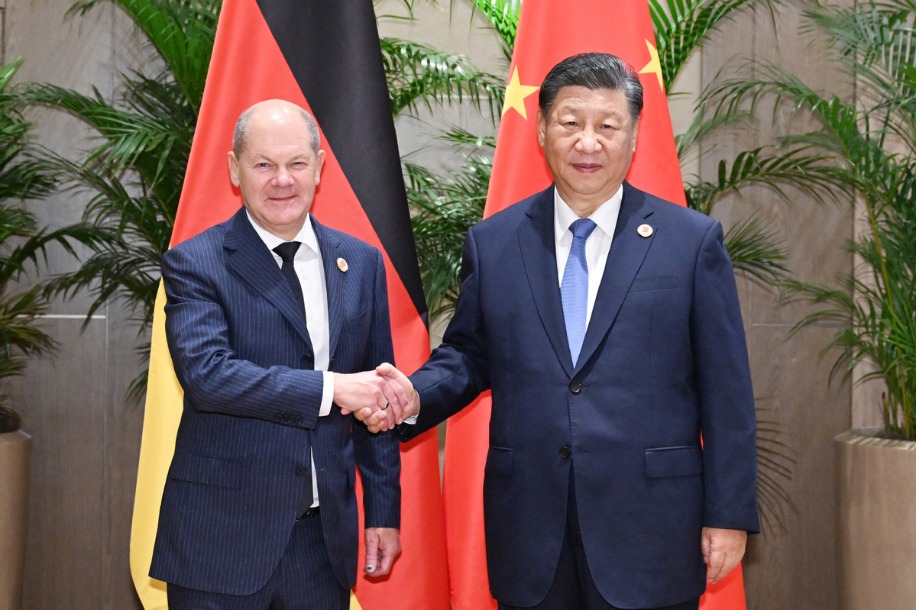

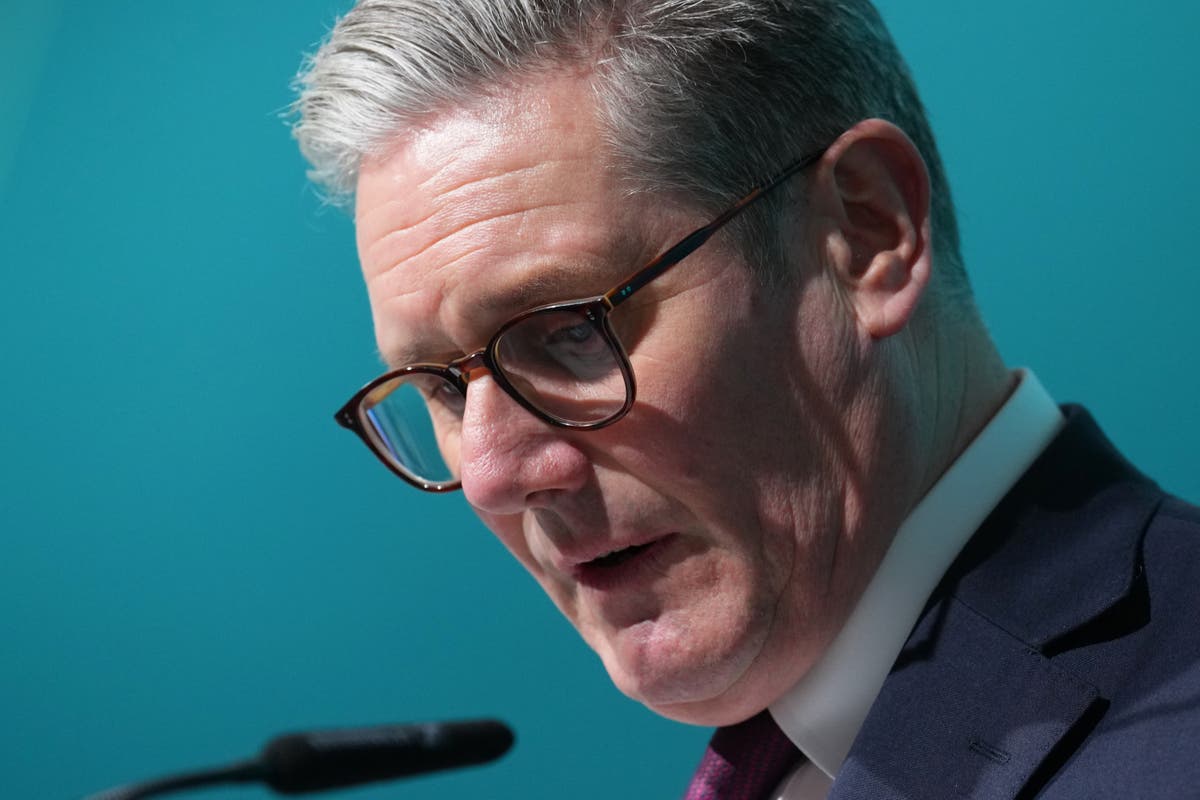
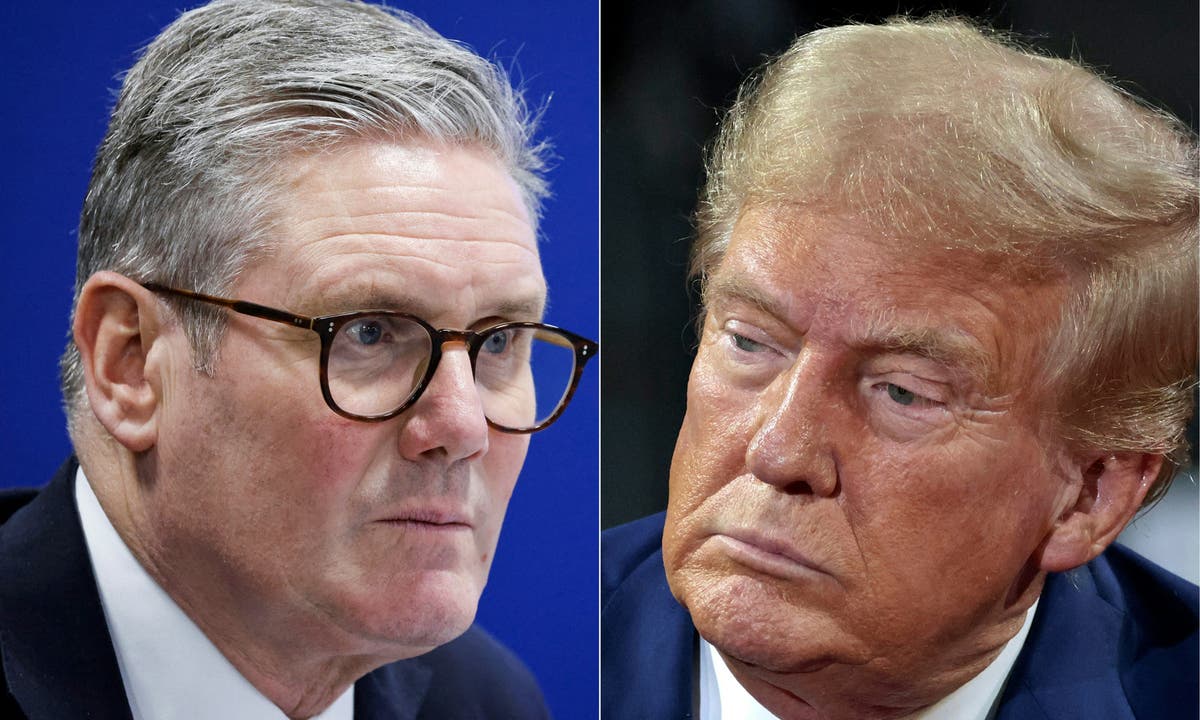


)
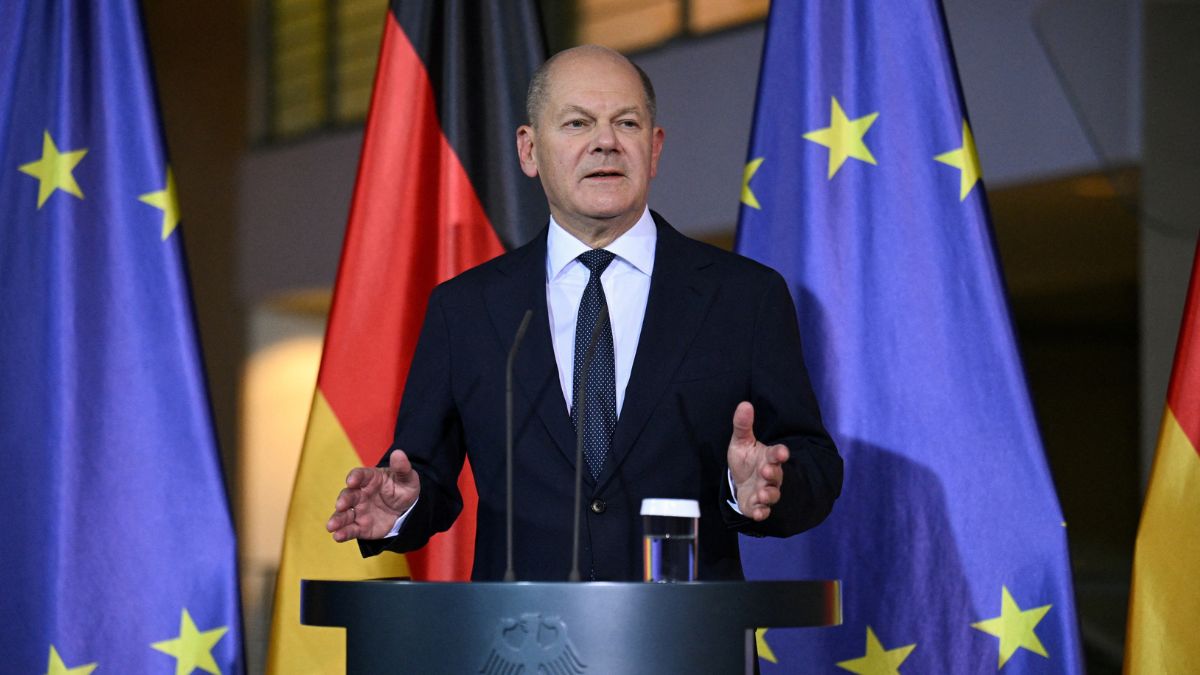)



